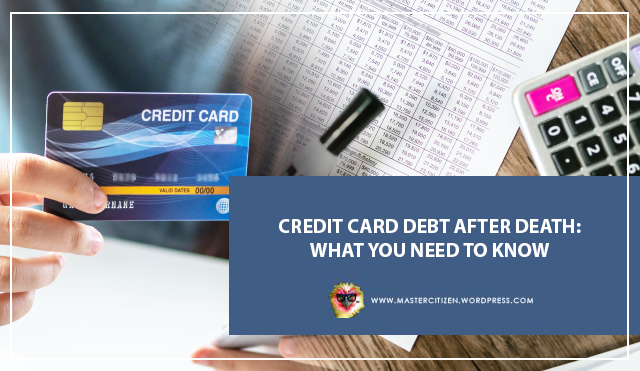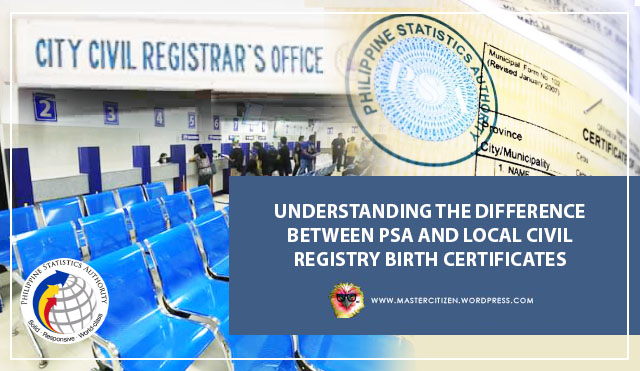Credit Card Debt After Death: What You Need to Know
Talking about death is a somber but unavoidable subject. The timing and manner of our exit from this world remain uncertain, be it due to an accident, illness, or simply old age. This unpredictability underscores the importance of readiness, especially for those with significant assets and obligations.
A frequently asked question concerning financial matters linked to death revolves around credit card debt. What occurs when a credit card holder passes away in the Philippines? Is the debt wiped away completely? Or does it get passed on to your spouse and children?
This article aims to clarify the impact of your passing on debts and the necessary steps to prepare for such situations.
What does our law say about unpaid debts of the deceased?
Your debts do not get written off after you die. They outlive you.
The New Civil Code of the Philippines states, "Succession is a mode of acquisition by virtue of which the property, rights, and obligations to the extent of the value of the inheritance, of a person are transmitted through his death to another or others either by his will or by operation of law. The inheritance includes all the property rights and obligations of a person which are not extinguished by his death."
These legal provisions signify that when you pass away, both your assets and your liabilities are handed over. Your assets encompass any funds in your bank account, real estate, possessions, and investments you have made. On the flip side, your liabilities encompass mortgages, loans, and other forms of debt.
Including your outstanding balances in your credit cards.
Who inherits your credit card debts?
Not who, but what.
The bank will assess your estate, encompassing all your possessions and assets registered under your name, to settle your credit card balance. The credit card company has the option to initiate a claim against your estate, making your estate responsible for settling any remaining outstanding debts. Subsequently, your family inherits the remainder of your estate after the deduction. If there is no estate to cover the outstanding debt, it remains unresolved. Consequently, your family will not receive any inheritances from you in such a scenario.
Will the bank go after my family and force them to pay my debts?
No, the bank is prohibited from pursuing your family for debt repayment, as stipulated by the Family Code and Commonwealth Act No. 141. They are forbidden from harassing your family members or compelling them to pay, and seizing their properties is not within their authority. The only scenario in which a bank can pursue your family for debt repayment is if any of them have signed as a guarantor of your loans.
In facing the inevitable topic of mortality, understanding the implications of credit card debt after one's passing is crucial. This article has delved into the legal intricacies surrounding the inheritance of both assets and liabilities, particularly credit card balances, in the Philippines. By clarifying the responsibilities of the deceased's estate and dispelling concerns about the direct imposition of debt on family members, we hope to empower individuals to navigate these financial considerations with foresight and preparedness.




Comments
Post a Comment